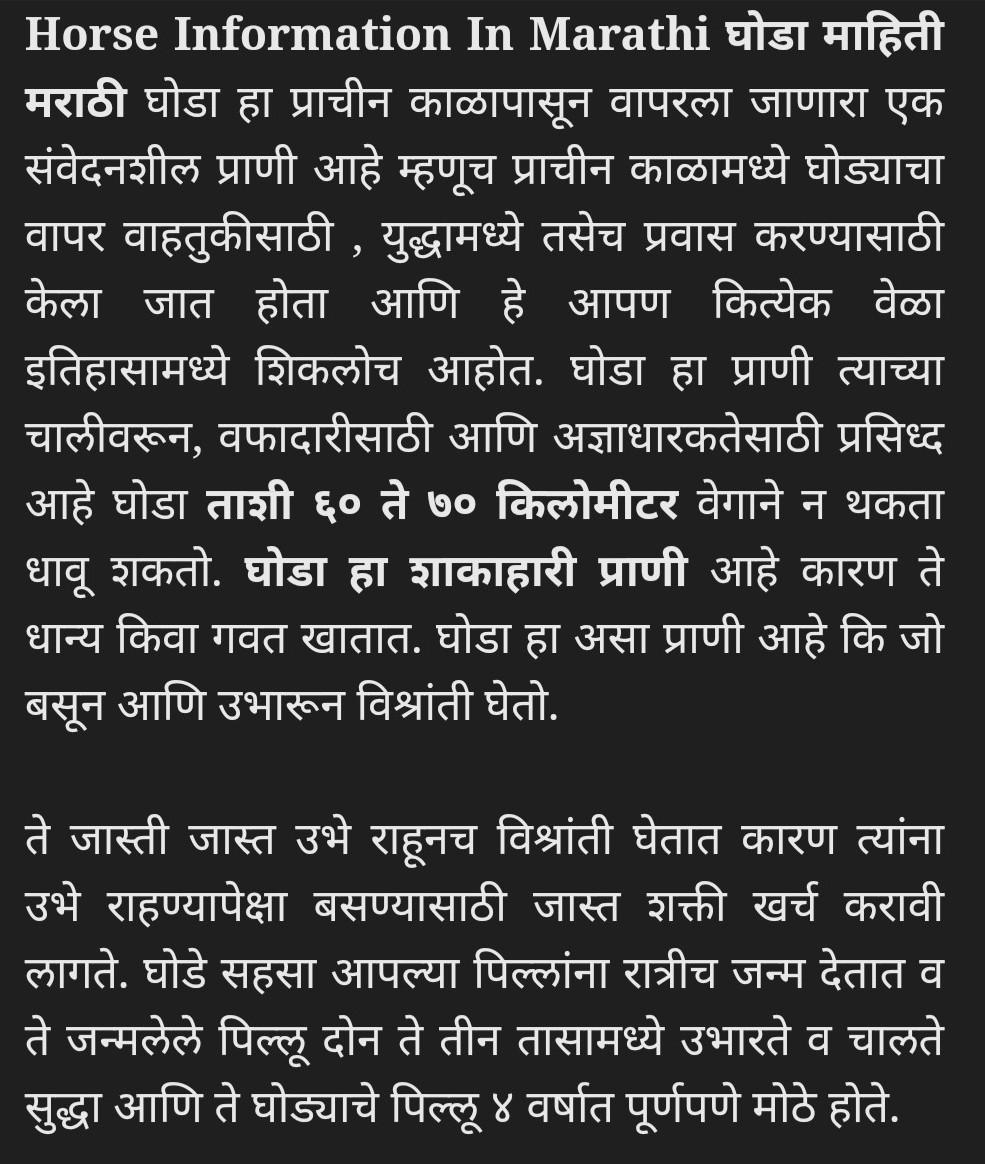i) Unconstitutional methods are justified only when ------
-
Subject:
English -
Author:
darrenoconnor -
Created:
1 year ago
Answers 2
Answer:
The centenary of Gandhi’s launch of satyagraha is an occasion for reflection, not least because of Mamata Banerjee’s antics. When the Constituent Assembly ended its task on November 25, 1949, the Chairman of its Drafting Committee, BR Ambedkar, stated vital conditions for the success of the Constitution. “If you wish to maintain democracy not merely in form but also in fact, what must we do?The first thing in my judgment is to hold fast to constitutional methods of achieving social and economic objectives. It means we must abandon the methods of civil disobedience, non-cooperation and satyagraha. When there was no way left for constitutional methods for achieving economic and social objectives, there was a great deal of justification for unconstitutional methods. But where constitutional methods are open, there can be no justification for these unconstitutional methods. These methods are nothing but the Grammar of Anarchy and the sooner they are abandoned, the better for us.”
Two of the foremost critics of satyagraha were Annie Besant and Jinnah. Her criticism was fundamental; his was not. But it has been invested with myths that do both, Gandhi and Jinnah, injustice. Addressing the Muslim League’s session at Calcutta on September 7, 1920, Jinnah said, “I cannot ask the people to submit to wrong after wrong. Yet, I would still ask the government not to drive the people of India to desperation, or else there is no other course left open except to inaugurate the policy of non-cooperation, though not necessarily the programme of Mr Gandhi.”
The next day in Calcutta, he told the Congress session, “I am fully convinced of non-cooperation. I see no other way. But before I put this policy into practice, I want to take stock of the situation to find what are the materials and forces. We are all one. We have got our opponent and we want to make him feel that if he does not behave, we will make government impossible. When you have understood the whole situation you could begin to practise.”
“Our President, who is sitting here, said at the moment the destiny of the country is in the hands of two men and among those two he mentioned Mahatma Gandhi. Therefore, standing on this platform, knowing as I do know that he commands the majority in this Assembly, I appeal to him to pause, to cry halt before it is too late.”
He resigned from the Congress, but not in bitterness, for he said on February 19, 1921, in Bombay, that it was not that he had not “the greatest respect and reverence for Mr Gandhi and the men who were working with him” because he knew “of what noble stuff they were made”. He worked with them and was firmly convinced of “their noble and sacrificing spirit”.He was proud of them. The transcript reads, “He would tell them again — he might be right or he might be wrong — that the programme of Mahatma Gandhi was taking them to a wrong channel. In his opinion, what they wanted was a real political movement based on real political principles and based on the fire which burnt in the heart of every man for his motherland.” He emphatically said that this was not really a political movement.
“The first essential thing for any country to resist the government was to mobilise the forces. If they were going to regulate everything in their country by the doctrine of non-violent non-cooperation, he was afraid they were forgetting human nature. They were forgetting that they were human beings and not saints. If they really wanted to serve their country at the present moment, they must let the political movement go on. The programme was based on the doctrine of soul-force and it was an essentially spiritual movement methods which did not take account of human nature and human feelings. Non-violent non-cooperation will be a miracle if accomplished.”
Three years later, on March 14, 1924, Jinnah spoke at the Hindu College in Delhi on ‘Parties and Politics in India’ and came close to Gandhi’s view. “If the government persistently continues a policy of indifference and injustice and the constitutional party fails, then those who believe in direct action must come into prominence.”
If such was the response of a sworn constitutionalist to British policies, one can imagine their impact on a man of Gandhi’s sensitivity and outlook. The issue is whether methods used during the Raj have any relevance now.
Explanation:
Please mark me as brainleist
-
Author:
donaldj9mj
-
Rate an answer:
2
Answer:
when there was no way left for constitutional methods for achieving economic and social objectives there was a great deal of justification for unconstitutional methods
Explanation:
-
Author:
cheerioqrzm
-
Rate an answer:
3


